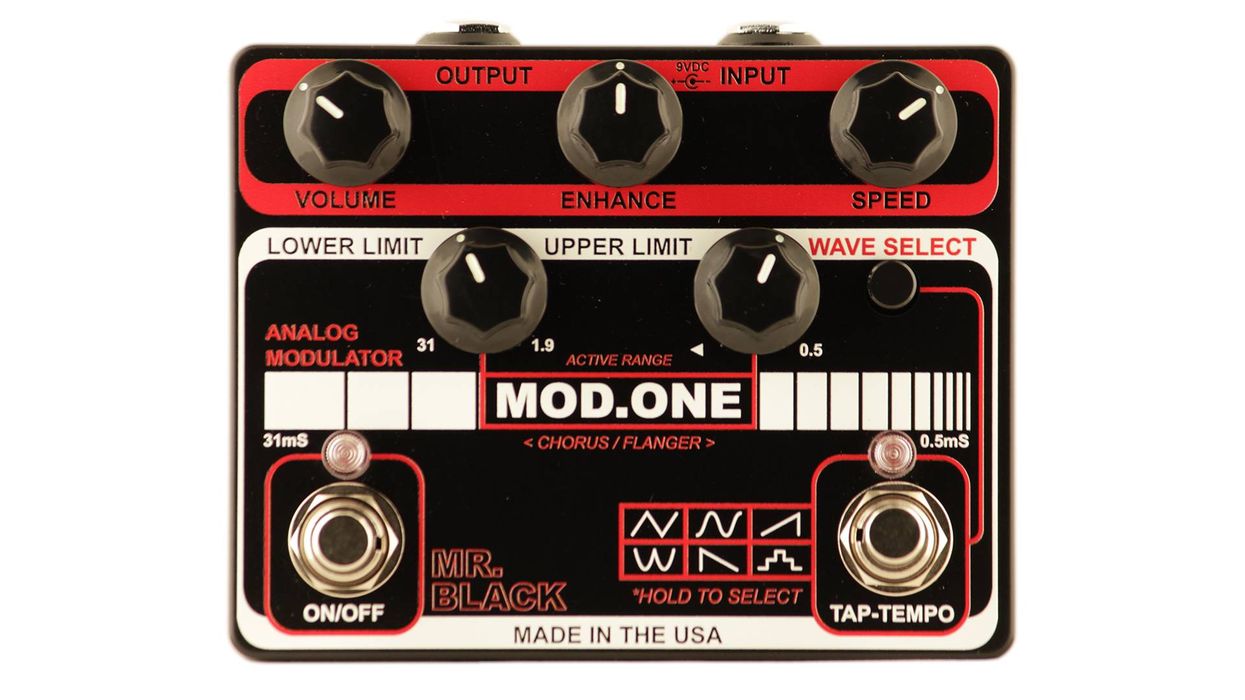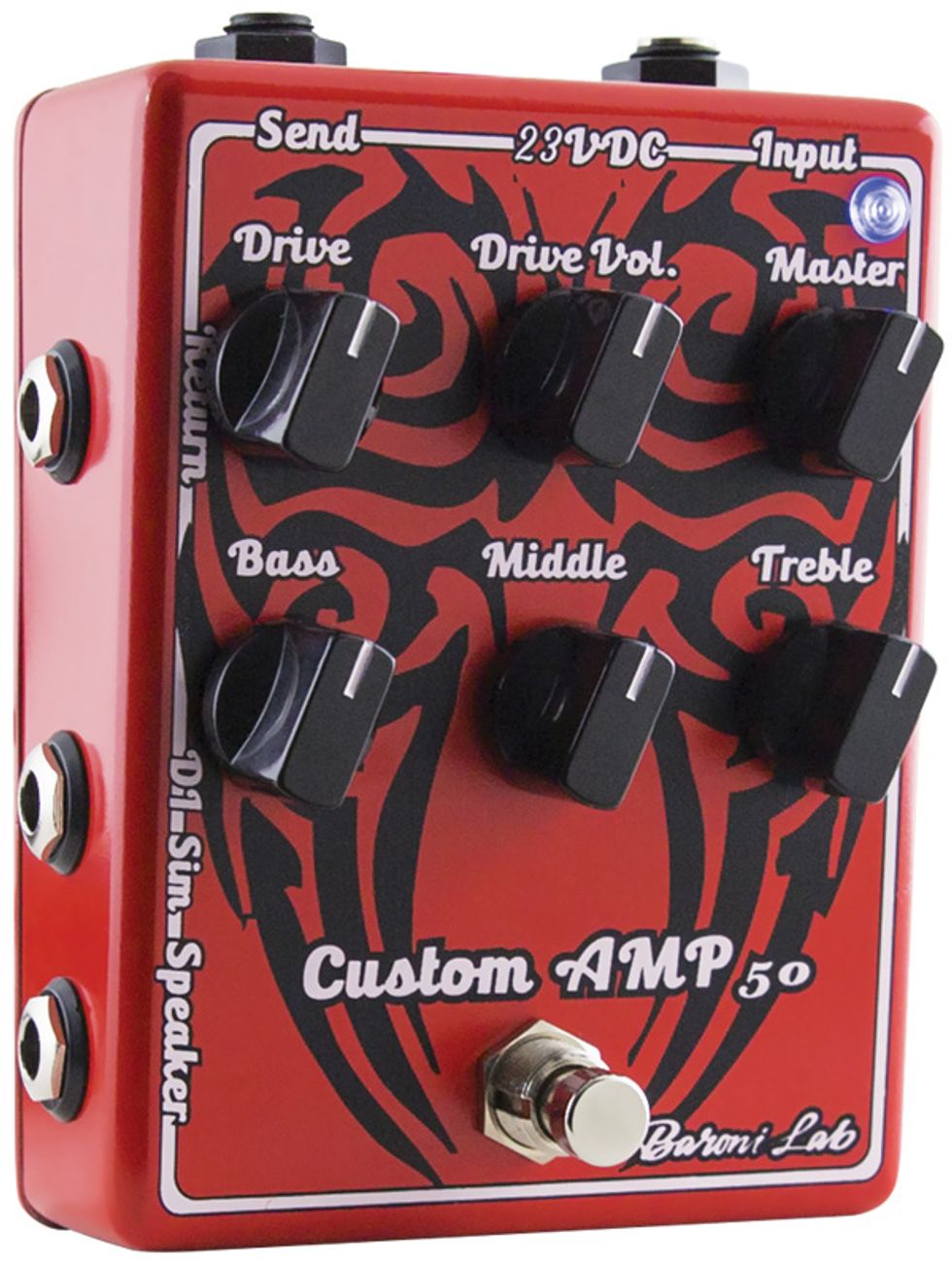
For a long time, your average guitarist would only discuss a little solid-state or digital amp like the Mini Amp 50 stompbox from Baroni Lab in Genoa, Italy, in the context of using it as a backup should their badass tube amp bite the dust mid-gig. But quality designs like Baroni’s latest class-D offering now make the prospect much more intriguing for both practicality’s sake and tone’s.
With an output of 40 watts at 8 ohms, a speaker-simulated out, an effects loop, a 3-band EQ, and a pre-loop footswitchable distortion circuit, the Mini boasts full-range fidelity—with healthy bass and sparkling trebles and upper mids—and a tube-like responsiveness that’s somewhere between a brawny “American” design and a lower-powered “British” flavor. That said, with master cranked, the Mini breaks up and gets about as loud as a similarly set tube amp of half its wattage.
My only complaints with the Baroni concern the distortion circuit: While there’s plenty of crunch, saturation, and singing sustain on tap, engaging it—even with drive at minimum and drive volume at unity gain—reduces the Mini’s clarity, note articulation, and bass oomph. A separate EQ for the preamp (like Baroni’s 100- and 200-watt models have) would likely help alleviate this.
Test gear: Gretsch G6609TFM Players Edition Broadkaster, Goodsell open-back 1x12 with ceramic Weber Blue Dog, Goodsell closed-back 1x12 with ceramic Weber Silver Bell, various pedals.
Recorded through a Royer R-121 into an Apogee Duet then into GarageBand.
Clip 1: Gretsch Players Edition Broadkaster (neck pickup) into MXR Reverb then into Mini Amp—with drive circuit disengaged, master at 4 o’clock, bass and mids at noon, and treble at 3 o’clock—into Goodsell open-back 1x12 with ceramic Weber Blue Dog.
Clip 2: Clip 1 rhythm track plus lead track on Gretsch Players Edition Broadkaster (neck pickup) into MXR Reverb then into Mini Amp—with drive at minimum, drive vol. at 10 o’clock, master at 4 o’clock, bass and mids at noon, and treble at 3 o’clock—into Goodsell open-back 1x12 with ceramic Weber Blue Dog.
Ratings
Pros:Nice, tube-like tones. Handy effects loop and speaker-simulator output. Potential gig saver.
Cons:
Drive circuit decreases clarity and lacks its own EQ. Class-D output not as loud as similarly rated tube amp.
Street:
$249
Company
baroni-lab.eu
Tones:
Ease of Use:
Build/Design:
Value:








![Rig Rundown: John 5 [2026]](https://www.premierguitar.com/media-library/youtube.jpg?id=62681883&width=1245&height=700&quality=70&coordinates=0%2C45%2C0%2C45)


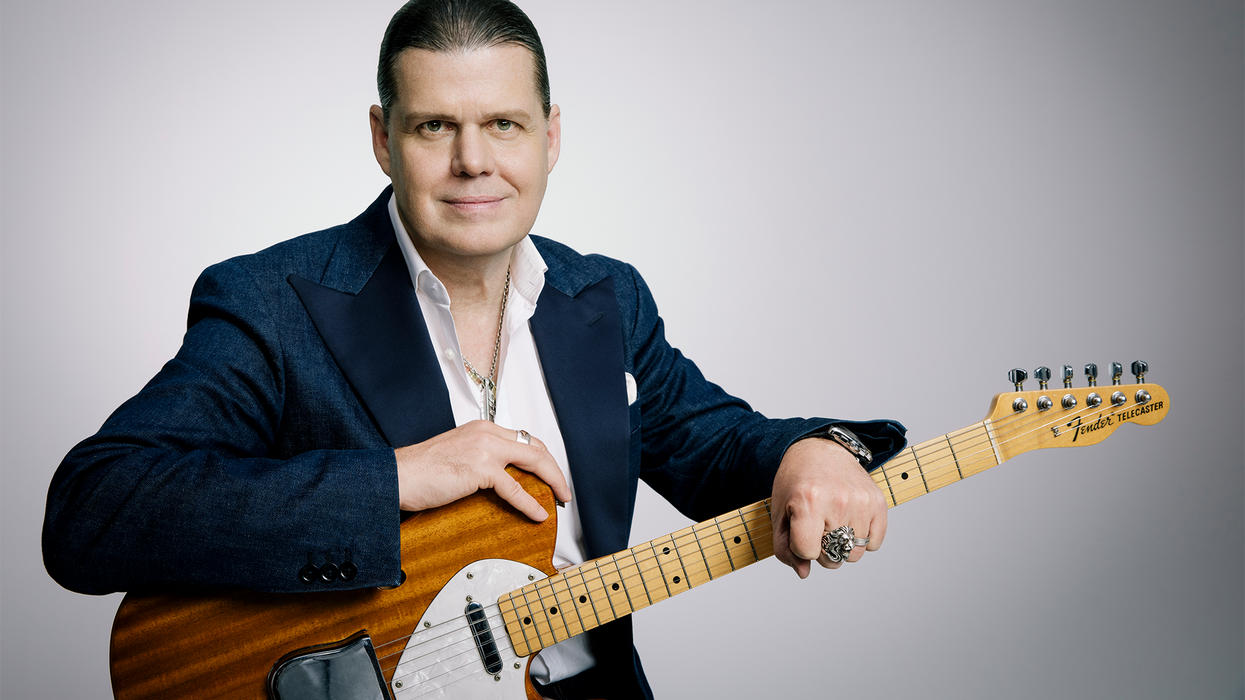



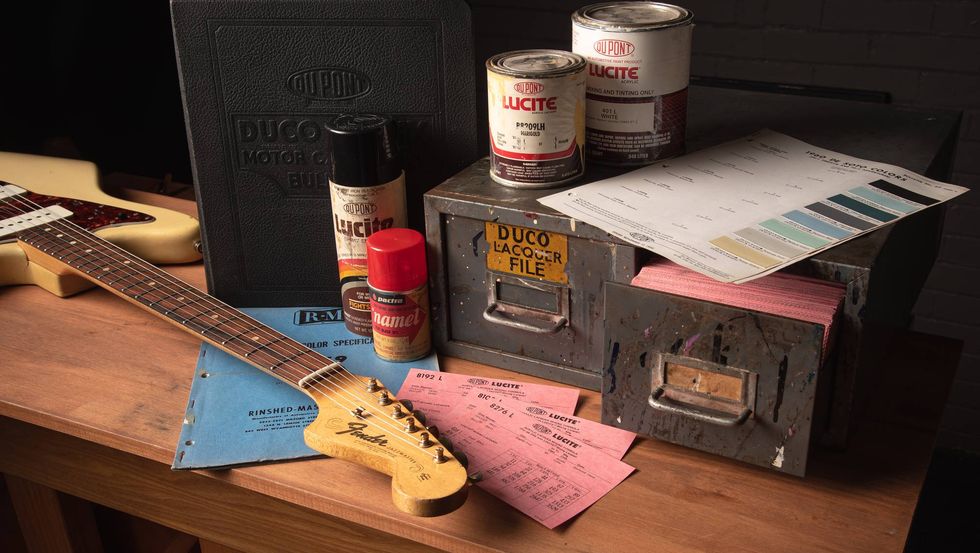
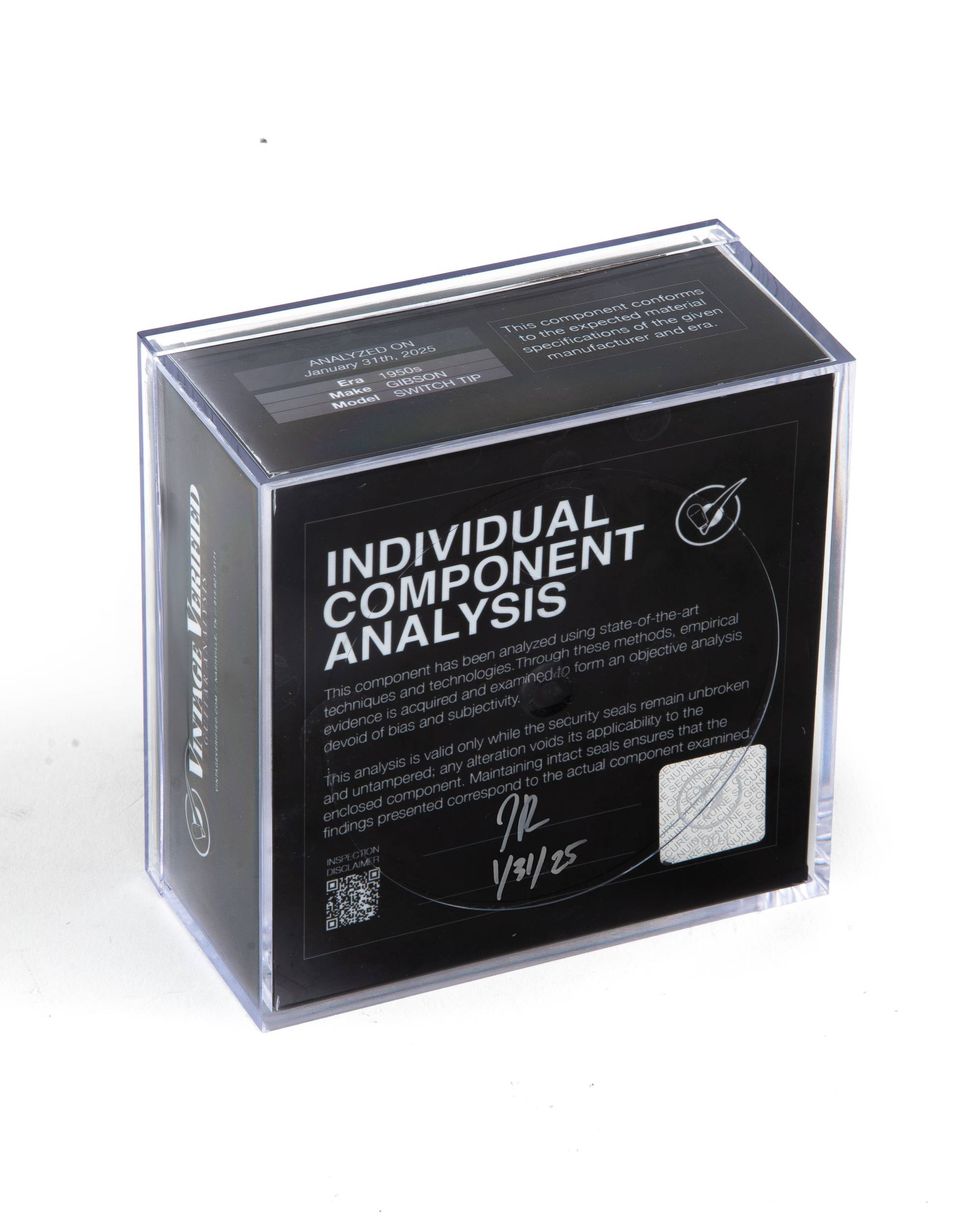
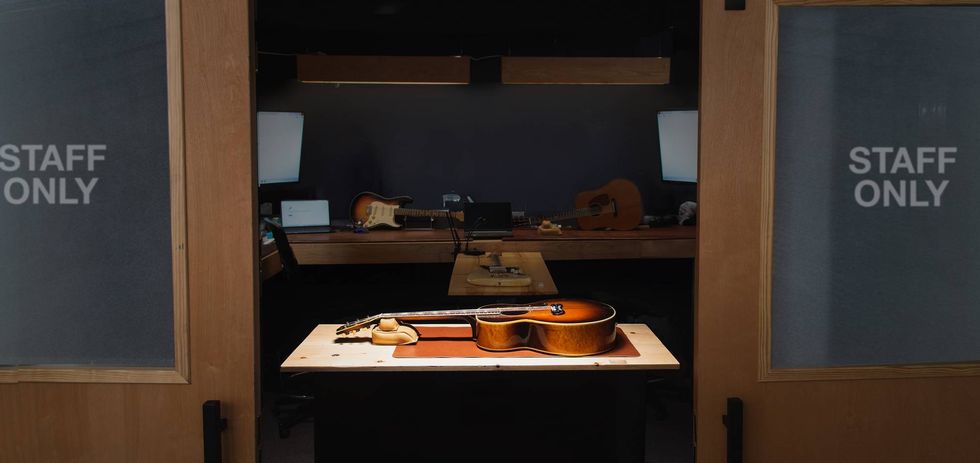
![Rig Rundown: Russian Circles’ Mike Sullivan [2025]](https://www.premierguitar.com/media-library/youtube.jpg?id=62303631&width=1245&height=700&quality=70&coordinates=0%2C0%2C0%2C0)






